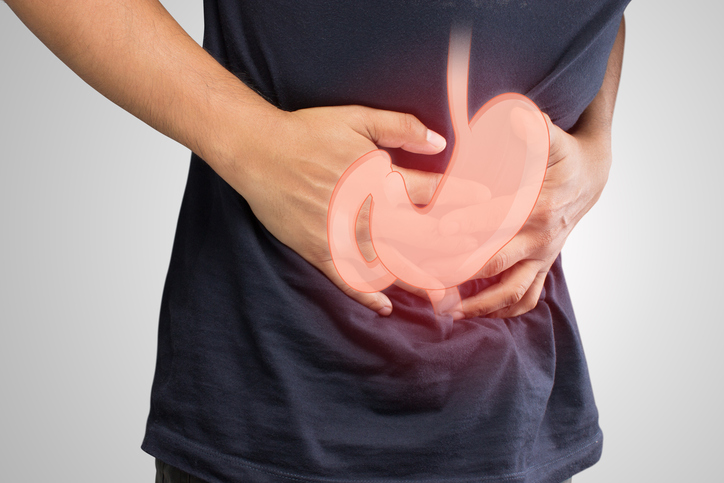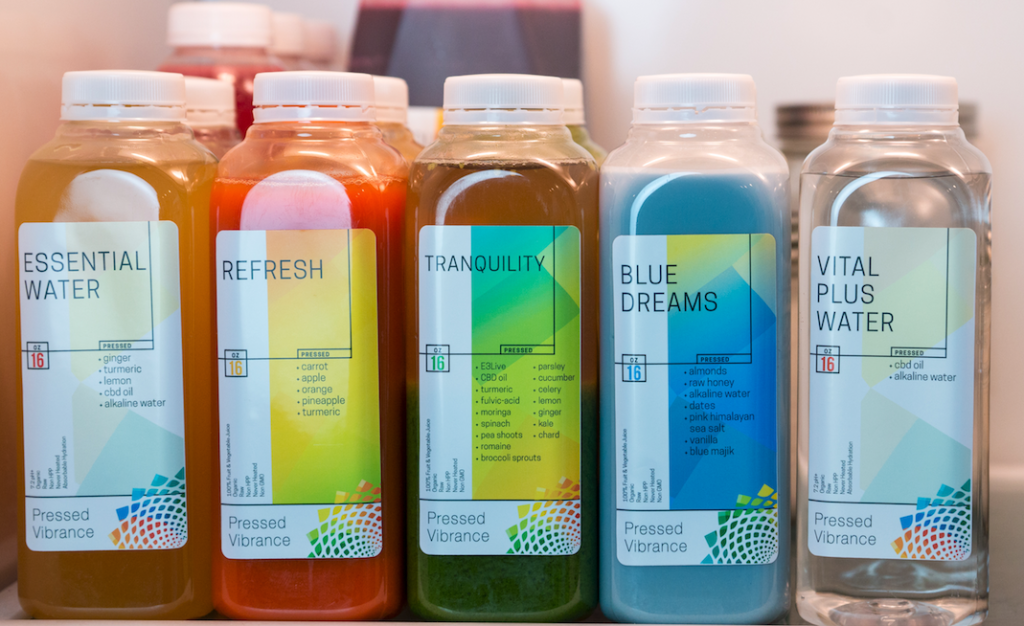If you’re one of the millions of Americans who takes one of a class of anti-reflux meds such as Nexium, Prilosec, and Prevacid, take heed: These drugs have been linked to higher odds of kidney trouble.
The study couldn’t prove cause-and-effect — it’s possible that folks who need these heartburn medicines are simply more prone to kidney disease for other reasons. But the review of data did show a link.
The medicines in question are called proton pump inhibitors (PPIs). They reduce stomach acid production and are among the most widely prescribed medications in the world.
According to a team led by Dr. Charat Thongprayoon, of Bassett Medical Center in Cooperstown, N.Y., recent research has suggested an increased risk of kidney problems for people who take the drugs, but those findings were inconsistent.
Probing deeper, the researchers reviewed data from five studies that included a total of nearly 537,000 people.
They found that people who took a PPI were a third more likely to develop chronic kidney disease or kidney failure than those who didn’t take the drugs.
The findings were to be presented Saturday at the annual meeting of the American Society of Nephrology (ASN), in New Orleans.
“This study demonstrates a significant association between the use of PPIs and increased risks of chronic kidney disease and kidney failure,” Thongprayoon said in an ASN news release.






